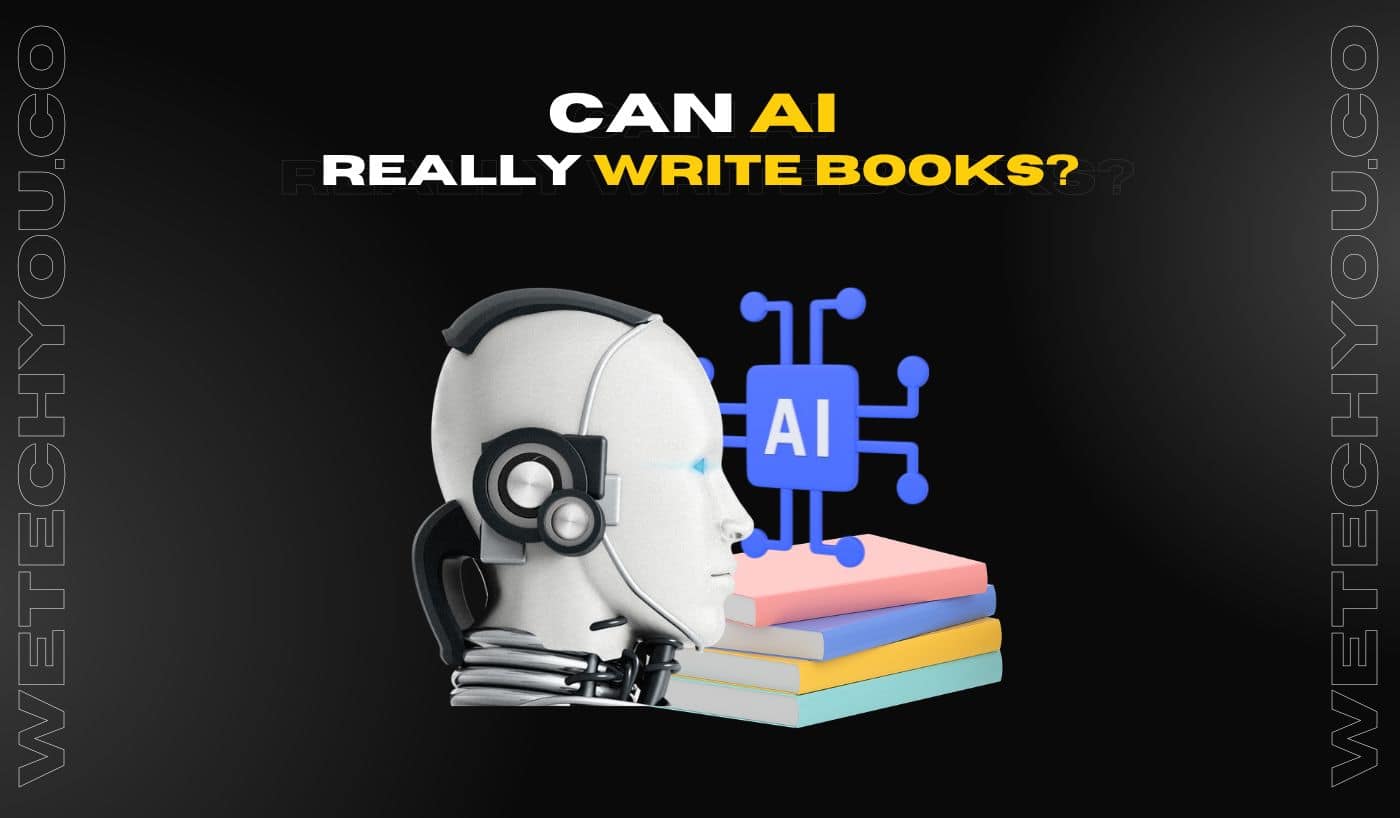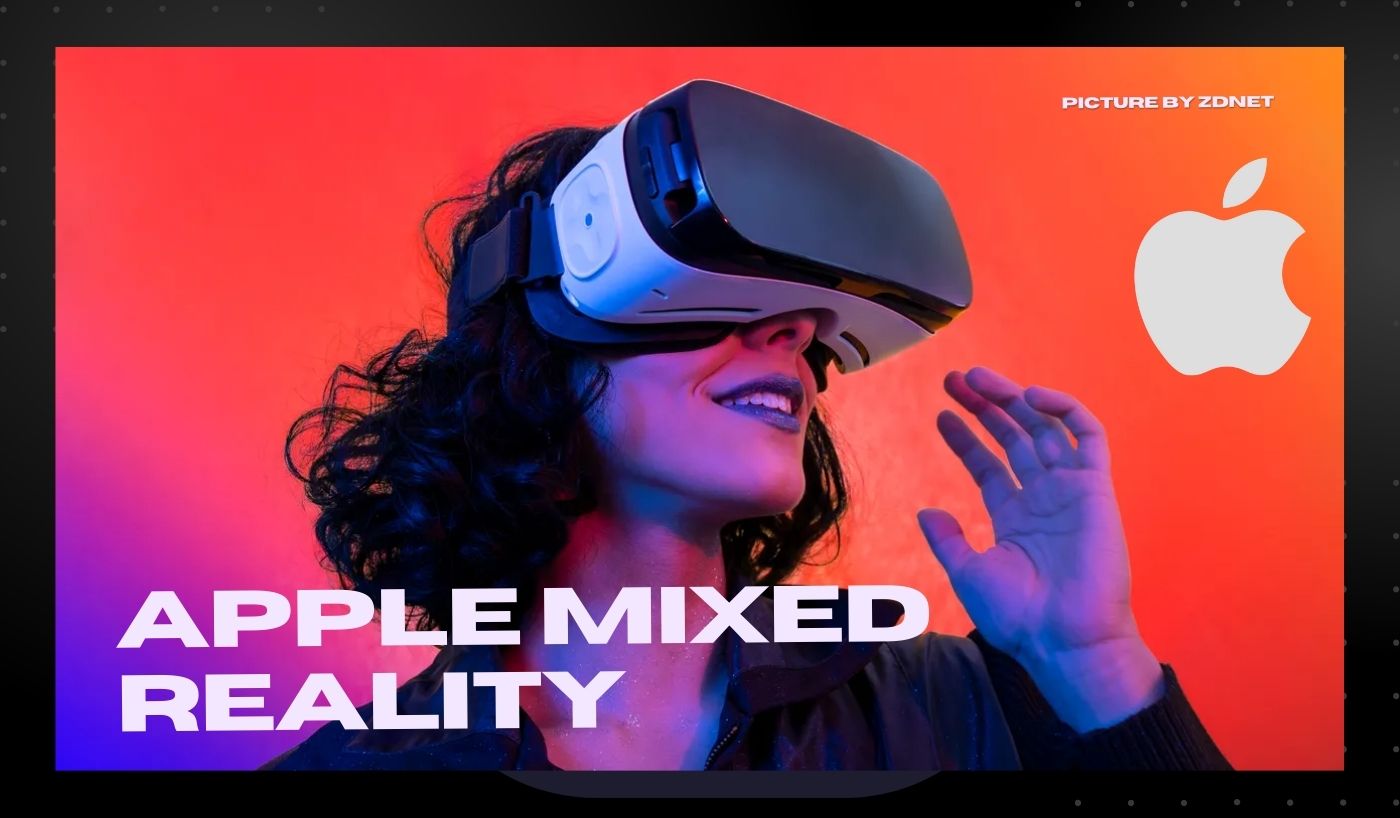While we eagerly await the launch of the next iPhone or Tesla, others are cautiously watching as AI develops at lightning speed, challenging the status quo of many industries. Will they be able to keep up with the pace of change? Only time will tell, but one thing is for sure, AI is paving the way for a new period of disruptive technologies and it’s a wild ride. From language models to text generation, musical compositions to paintings, movie scripts, and poems, AI is pushing the boundaries of creativity. No longer just a tool, it’s now a worthy competitor in the world of art.
In this blog, I will explore the boundless capabilities of AI to write books. So gear up for this new era where man and machine collaborate to create masterpieces by rewriting the rules of storytelling and unleashing a new world of literary creation!
AI’s Implications on the Writing Industry
The rise of digital literature has brought about the emergence of artificial authorship, where machines are able to generate written content on their own. The field of automated writing is constantly evolving, and the future of artificial authorship and digital literature is one that promises to be both exciting and unpredictable.
Using software, a computer programmer Scott French attempted to revive best-selling author Jacqueline Susann in 1993. Since then, writers have continued to try to imitate well-known authors’ writing styles, including J.K. Rowling and William Shakespeare.
Researchers predict that by the year 2049, AI will publish a bestseller. Since 1948, numerous attempts have been made to get a computer to write a piece of literature. The first book created by a computer is believed to be “The Policeman’s Beard is Half-Constructed: Computer Prose and Poetry“.
Before it can completely match the creativity and complexity of human writers, AI novel writing software is still in its infancy. One of the biggest challenges is generating engaging plots, which requires not just the ability to write but also to understand human emotions and motivations. However, despite these limitations, there are some promising use cases where AI writing tools have been used successfully.
How AI Is Already Being Used to facilitate Book Writing?
AI is a creative aid for writers, providing assistance with writer’s block and enabling faster, more professional content creation. Whether you’re a novelist, screenwriter, poet, or content creator, AI provides valuable insights and inspiration to fuel your creativity.
The process of crafting a book can be a challenging journey, requiring patience, devotion, and hard work. AI can also be utilized for editing purposes, elevating your book’s readability for your readers. While AI has proven to be a powerful tool in generating text, the true test of its literary capabilities lies in its ability to create works of art that touch our hearts and minds. Some argue that AI-composed literature lacks the soul and spirit of human-written works, while others see it as a new frontier in artistic expression. The answer remains to be seen, but what we do know is that the amalgamation of AI and fiction or non-fiction writing has the potential to bring about unprecedented advancements in the art of storytelling.
Although not yet fully developed, the technology shows promising potential. GPT-3, is a language prediction model that has been trained on a massive number of texts. Based on a prompt (a piece of text) provided by the user, it will write the rest of the text to be original and plagiarism-free. It is expected that GPT-4 and future versions will show even bigger improvements. While there is no single software that can author a complete book, there are numerous tools available to assist you in your writing journey. Some popular AI novel writing software are:
- Top Pick: Sudowrite
- Best for Budget: Ryter.ai
- Most Comprehensive: Jasper
- Fight Writer’s Block with Sassbook
- Enhance Writing with Grammarly
- Refine your Manuscript with Wordtune
- Evaluate Your Story with Reread
- Generate Plot Ideas with AI Dungeon
The Potential Uses of Machine Learning & Creativity
With advancements in machine learning and artificial creativity, AI can write various types of books, including fiction, non-fiction, technical, news articles, and even poetry. So it may eventually be able to produce more sophisticated and engaging literature, but we are not there yet. AI-powered writing is currently limited to producing simple, formulaic content that follows a set of rules.
It’s difficult to predict the exact level of advancement that AI writing capabilities will reach in the future. However, it has already shown significant progress in generating text and completing writing tasks, such as summarizing articles or writing product descriptions. As AI algorithms and machine learning techniques continue to improve, it’s possible that AI writing software will become more advanced, allowing for more complex and sophisticated forms of writing.
Moral Considerations for AI-Created Books
AI composed books have potential uses in a variety of fields. They may increase productivity and efficiency in the creation and distribution of content, but may also lead to job loss in traditional writing roles. AI-written books may also blur the lines between human and machine authorship, raising ethical and legal questions around copyright and intellectual property. Additionally, the quality and authenticity of AI-written books may be called into question, leading to debates around the value and validity of AI-generated content.
Final Thoughts
Can AI really write a novel? It’s a question that has plagued literature lovers and technology enthusiasts alike. It’s not just spitting out words on a page, it’s about crafting a captivating story that grabs you by the heartstrings. It’s about weaving together a narrative that’s both compelling and engaging. The jury is still out on whether or not AI has what it takes to write a truly great book. But one thing’s for sure, I am in for this exciting journey as the limits of artificial intelligence and its potential to revolutionize the world of digital literature has begun.





